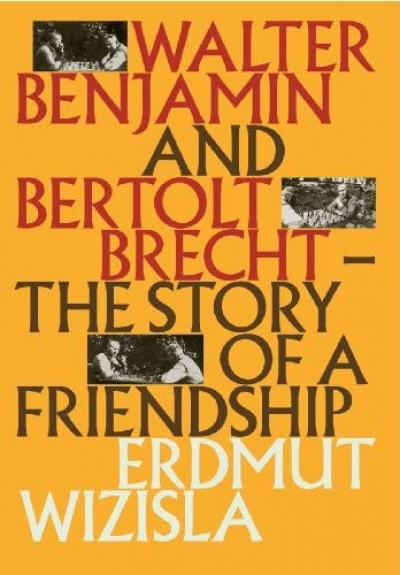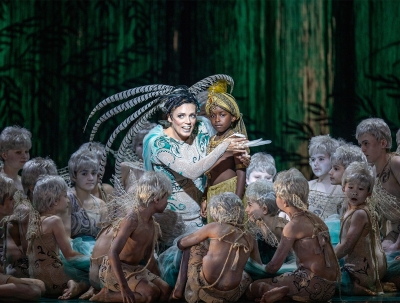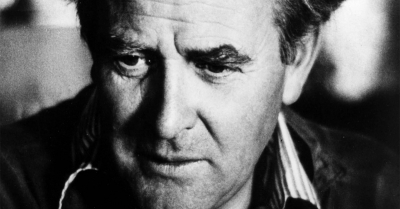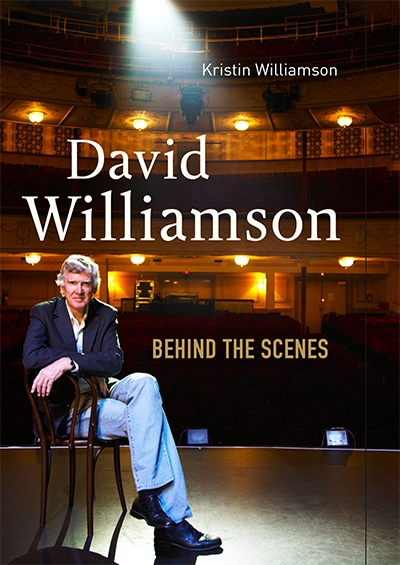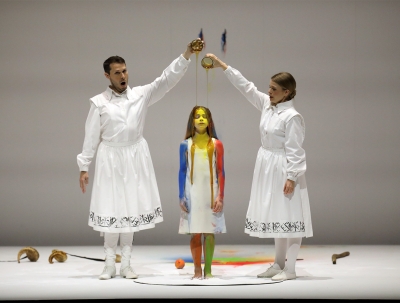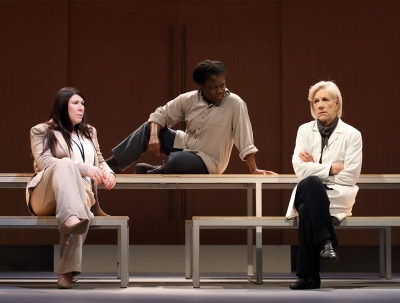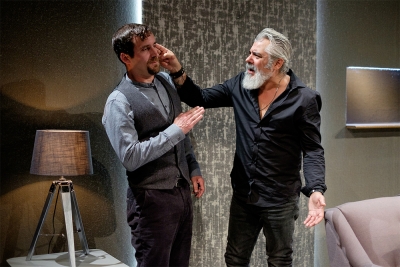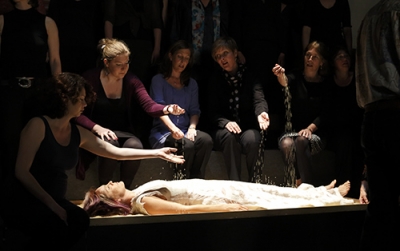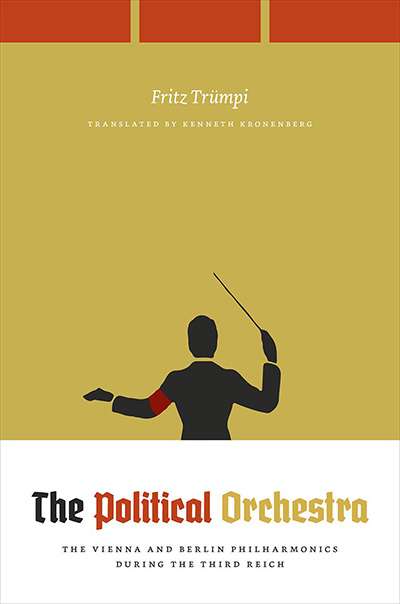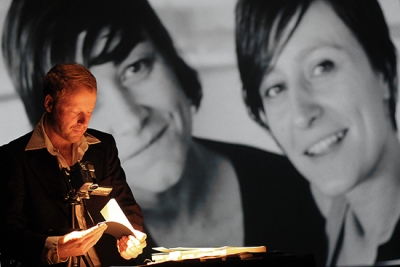Michael Morley

Michael Morley is Emeritus Professor of Drama at Flinders University. He has written theatre and music reviews and articles for a variety of publications, including Theatre Australia, the National Times, The Australian, the Australian Financial Review, Opera News (New York), the Kurt Weill Newsletter, the Sondheim Review, the Adelaide Review, and Australian Book Review. He has also contributed translations for the English edition of the collected poems of Alfred Brendel.
Comparisons can be odious, odorous, even otiose. Yet while I have lost count of the number of takes on Shakespeare’s play I have seen over the years – theatre, ballet, modern dance, knockabout collages of dance, movement and music, and opera – five stay in the memory. In the order in which I saw them, they are: the first revival at Sadler’s Wells in the mid-1960s of Britten’s 1960 opera, ... (read more)
The voice on the telephone, not brusque or curt, came straight to the point. ‘How long are you in London for? And would you be free for dinner this Friday?’
Spoiler and shame-faced name-dropping alert: it was Alfred Brendel, sometime in 1983. I had first met him in Auckland in 1971, after a rehearsal of Schoenberg’s Piano Concerto, a work he performed more than fifty times in public before ... (read more)
There seems to be an ever-growing – I almost wrote market, but think I mean obsession – these days for the family history, the personal memoir, the parading of how I spent my childhood/adolescence/ protest years/personal and economic growth decades, before-finally-contributing-to-the-joy-of-past-and-future-generations-by-listing-my-achievements. Many of these are self-published. Kristin Willia ... (read more)
One of the most vivid (and, even today, relevant) descriptions of the music critic’s approach to responding to all those non-literal notes on the page and in performance was provided almost a hundred years ago by Ford Madox Ford, in his memoirs. The anecdote is worth quoting in full:
The other day I attended a concert consisting mainly of the Song Cycles of Debussy setting words of Verlaine. ... (read more)
‘If one were always to do the right thing – or rather, if, first thing in the morning, without even thinking about it, one were to just once set out to do the right thing, and then go on with it for the entire day – then, even before dinnertime one would quite definitely find oneself sitting in jail.’
Author, author? Wilde, perhaps? Shaw? Maybe even the Brecht of The Threepenny Opera? ... (read more)
I
n the program note for his most recent play, Belfast playwright David Ireland claims that ‘he became a playwright after being unemployed and unemployable as an actor for three years, despite having trained as an actor for three years at the Royal Scottish Academy of Music and Drama, and performing with many UK companies ...’ On the basis of Ulster American, it seems a pretty canny ... (read more)
If one were tempted to cast round for a theme or a set of motifs that could be discerned from this year’s Adelaide Festival, it might be Rilke’s ‘Who speaks of victory? To endure/survive is all.’ Not as a default position, but as a celebration of those left behind, of those who tell the stories of those who have struggled and, in some, cases, survived; in others, alas, not.
Brink’s stag ... (read more)
This study, which first appeared in German in 2011, was hailed at the time as definitive: properly so, as it incorporates so many aspects from so many areas of research. It marks a significant contribution to such fields as musicology, cultural history, the relationship between art and politics – not just in the Nazi era, but the periods preceding that, which saw the emergence of the two orchest ... (read more)
Along with the spectacular offerings at this year’s Adelaide Festival, there are a number of small-scale, one-person shows which, in their concentration on the essence of theatre – what Eric Bentley describes as ‘A impersonates B while C looks on’ – can, perhaps, engage the audience’s imagination even more powerfully.
Foremost among these is Danny Bravermann’s touching, gently humor ... (read more)

